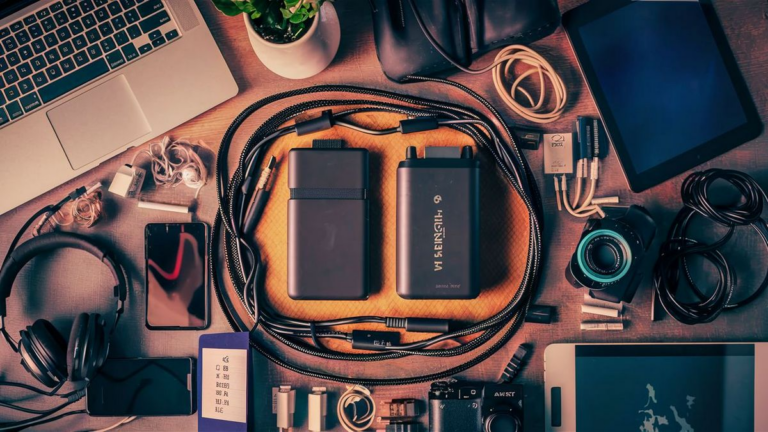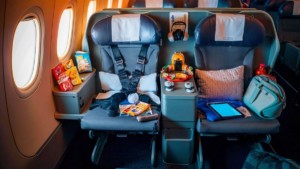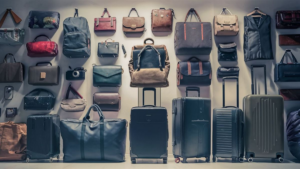Traveling with electronic devices has become an integral part of modern life, whether for work or leisure. One common concern for travelers is whether they can take battery packs on a plane. Let’s delve into the guidelines and regulations surrounding this topic to ensure a smooth and hassle-free travel experience.
Understanding Battery Pack Regulations
Battery packs are subject to aviation regulations due to their potential fire hazards. However, the rules can vary depending on factors such as battery type, capacity, and airline policies. It’s crucial to familiarize yourself with these regulations to avoid any complications during security checks or while onboard.
Lithium-ion vs. Non-Lithium-ion Batteries
Most modern electronic devices, including battery packs, use lithium-ion batteries due to their high energy density. These batteries are generally safe for air travel, but they must be carried in carry-on baggage rather than checked luggage. Non-lithium-ion batteries, such as alkaline or nickel-metal hydride batteries, are typically allowed in both carry-on and checked baggage.
Transporting Lithium-ion Battery Packs
When carrying lithium-ion battery packs on a plane, there are specific guidelines to follow:
- Carry the battery pack in your carry-on luggage. Never pack it in checked baggage to prevent potential damage or fire hazards.
- Ensure the battery pack is properly protected to prevent short circuits. Most airlines recommend placing each battery in its original packaging or covering the terminals with tape to prevent contact with metal objects.
- Check the watt-hour (Wh) rating of your battery pack. Most airlines restrict lithium-ion batteries with a rating exceeding 100Wh, although regulations may vary.
- Declare your battery pack during security checks. Airport security personnel may inspect the battery pack separately to ensure compliance with regulations.
Airline Specific Policies
While there are general guidelines for transporting battery packs, it’s essential to check the specific policies of your airline before traveling. Some airlines may have additional restrictions or requirements regarding battery pack transportation.
Tips for Safe Battery Pack Travel
Follow these additional tips to ensure the safe transportation of your battery pack:
- Keep battery packs in your carry-on luggage to prevent damage from baggage handling.
- Avoid exposing battery packs to extreme temperatures, which can affect their performance and safety.
- If traveling with multiple battery packs, pack them individually to prevent accidental short circuits.
- Regularly inspect battery packs for signs of damage or wear and replace them if necessary.
By adhering to these guidelines and staying informed about airline policies, you can safely transport battery packs on a plane without any hassle. Remember to prioritize safety and compliance with regulations to ensure a smooth travel experience for yourself and your fellow passengers.
Frequently Asked Questions
Here are some common questions travelers often have regarding taking battery packs on planes:
| Question | Answer |
|---|---|
| Can I take spare lithium-ion batteries in my checked baggage? | No, it’s recommended to carry lithium-ion batteries in your carry-on luggage to prevent potential hazards. |
| Are there any restrictions on the number of battery packs I can bring? | There are typically no specific restrictions on the number of battery packs you can bring, but it’s advisable to check with your airline. |
| What should I do if my battery pack gets damaged during travel? | If your battery pack gets damaged, it’s best to handle it carefully and inform the airline staff. Avoid using or charging damaged battery packs. |
Additional Considerations
Aside from the regulations and guidelines mentioned above, here are some additional considerations to keep in mind:
- Dispose of old or damaged battery packs properly to prevent environmental harm.
- Consider investing in battery packs with built-in safety features, such as overcharge protection and short circuit prevention.
- Stay updated on any changes to airline policies or aviation regulations regarding battery pack transportation.
By staying informed and adhering to safety protocols, you can enjoy your travels with peace of mind, knowing that your battery packs are transported safely and responsibly.
See also:






